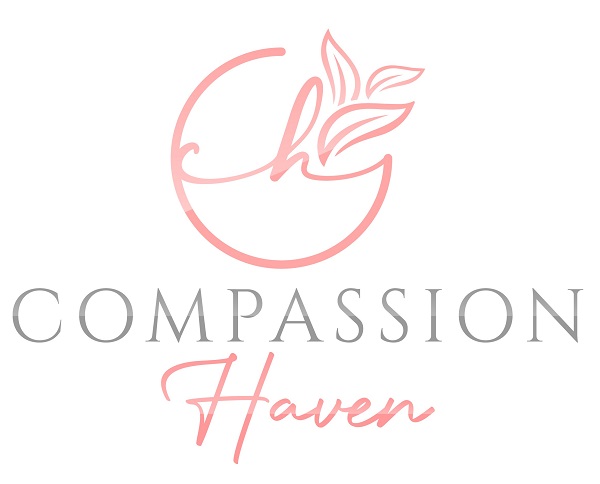What initially comes to your mind when you think of self-compassion? If you’re like most people, you might conjure up an image of weakness or self-indulgence, and you may feel suspicious and threatened by the idea of letting yourself embrace it. Unfortunately, Western culture has traditionally demoted self-compassion as a dishonourable trait. Many theories behind the reasoning for this could be proposed, but it is beyond the scope of this article.
What is important to know is that self-compassion is indeed a virtuous characteristic to cultivate, as we will see when we uncover and dispel the 3 most common myths that impede our ability to embrace it.
Myth #1; “Self compassion is the same as self-pity.” While many people fear that being self-compassionate is the same as having a “woe is me” attitude, this could not be farther from the truth. A component of self-compassion involves recognizing one’s common humanity- the inevitable fact that life is difficult and everyone suffers from time to time. This shift in perspective helps people see that they are not alone and prevents us from exaggerating our struggles and ruminating on them.
Myth #2; “Self compassion is weakness.” Many people fear that if they embrace self-compassion, it will make them weak and vulnerable. This is simply not true. Our compassionate self is the kindness, wisest, most courageous version of ourself. It is the self that stands up and says “I got you” when you have hit rock bottom. It is the self that is brave enough to hold the tough emotions, long enough to unravel them and figure out the best course of action to take. Your compassionate self is tough as nails and makes you stronger than you realized you could be. It deeply cares about you, and is the ally you need to put your well-intentioned but unhelpful self-critic in its place.
Myth #3; “Being self-compassionate is selfish.” Many people think that if they are self-compassionate, this will somehow take away from the resources they have to offer others. However, learning to be more compassionate toward ourselves extends to others as well. When we can take a compassionate perspective toward our own struggles, this allows us to be less judgemental and more accepting and caring toward others also. Research shows that individuals who are more compassionate are more caring and supportive in their relationships, and better able to navigate conflicts.
There are other misconceptions out there that also block our ability to be self-compassionate. Perhaps you may want to take some time to think about what other misconceptions you may hold, and do some research to enlighten yourself so that you can remove the obstacles that prevent you from becoming your best self.

